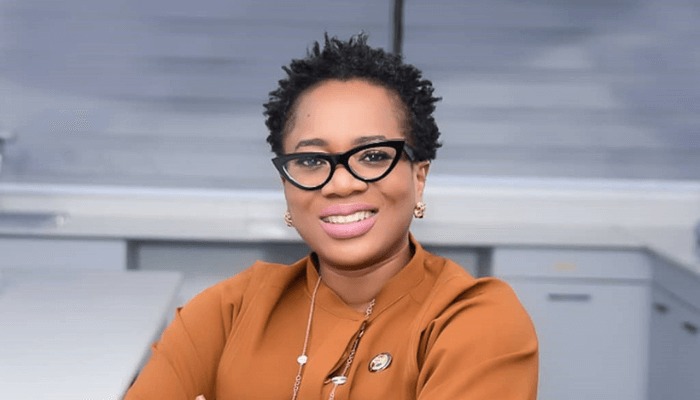
The Medical Women’s Association of Nigeria and other stakeholders have urged medical practitioners to strengthen collaborations to enhance prompt diagnosis and patients’ care.
They made this known on Thursday in Abuja at the MWAN’s women in medicine, health, and wellness conference themed ‘Strengthening networks for prompt diagnosis and care,’ organised by MWAN and Focus Africa.
The President of the Medical Women Association of Nigeria, Prof Rosemary Ogu said the conference is to ensure collaboration on improving diagnosis and care.
“We’re saying that everyone should come together for collaboration, and networking so that we can look after patients better. And so to do that, we need to know what are the things available, who is doing what, and how can I be better healthy to take care of you because if I’m not healthy, I can’t take care of you.
“So, we have a wellness aspect, we have innovations aspects, we have advancement aspects, and then we have learnings from the field. If I’ve done something, I know how, but you don’t know how because you haven’t done it. But if I share my experience, you can learn, and so we are learning from one another, especially with cervical cancer elimination.
“Cervical cancer is a disease that can be eliminated, but some don’t know, some know, some are doing something, some are not doing. So, we need to come together so we can do more.”
The Mandate Secretary, Health Services and Environment of the Federal Capital Territory, Abuja, Dr Adedolapo Fasawe said the secretariat is determined to promote general wellness among the populace.
Fasawe said, “Health is not only the absence of disease, it is your general wellness. What the FCT has decided to focus on is not only infrastructural determinants of health, we are also looking at the social determinants of health. We are going to the grassroots to start to preach prevention, which is better than cure.
“I am happy to say that up till this very moment, because of our extensive advocacy and health promotion activities, the FCT has not officially recorded one case of cholera. Those are parts of the initiatives that this current administration under Barrister Nyesom Wike is not only a project man physically, he also wants the systems to grow. So he supports us especially to go into the grassroots and take whatever message we are sharing in our offices down there.
“For now, much more than physically treating patients, we are trying to prevent diseases, and increase our opportunities at capacity training.”
The Chairman of the occasion, a senator representing Delta North Senatorial District, Ned Nwoko said prompt diagnosis and care are cornerstones to a robust healthcare system, and it will ensure patients receive accurate diagnosis and care.
Nwoko, who was represented by Dr Michael Nwoko noted that building stronger networks means fostering environments where knowledge is shared freely, mentorship is prioritised, and professional development is encouraged.
He states that the fight against cervical cancer must be approached with determination.
“By collaborating with wellness experts and healthcare advocates, we can develop comprehensive approaches that nurture the body, mind, and spirit, therefore, enhancing the overall quality of life of our people, and increasing opportunities through collaboration.
“The opportunities offered by collaboration in medicine, health, and wellness are boundless. Together, we can take note and explore new treatments, technologies, and methodologies that push the boundaries of what is possible in healthcare, train the next generation of healthcare professionals to be adaptable, knowledgeable, and compassionate healthcare leaders,” he stated.
The Chairman of the Senate Committee Health, Dr Ipalibo Banigo said strengthening networks means positive collaborations between healthcare professionals, institutions, and communities.
According to her, networks play a part in bridging gaps in communication and access to care.
“Building systems around seniors, adapting, and responsive to new needs are key. When we don’t know what those are, we’re not going to find out what it is. When we get evidence, we can apply a concrete approach to address the problems, and when we get the rights and opportunities, we can build on them to try and impact, sustain, and deliver necessary outcomes for our communities. Opportunities are not offered by corporations, banks, health, and governments.
“These opportunities offered by corporations open up a world of what they stand up to, what the nations stand up for, and how much more can the communities do. In this case, collaborative efforts need to improve the issues around us, the need to be more sustainable than ever before.
“By collaborating, you can share ideas and solutions, you can share your practices, and you can support each other in the process. This collective initiative enhances our ability to provide evidence-based care.”
